As newcomer settlement coordinator for the YMCA, InHae Park noticed she was receiving a large number of requests from Shannex, as an employer, for settlement services. Specifically, help with language skills.
Shannex provides a full continuum of care services for seniors including home care, retirement living, assisted living, memory care and long term care.
As a major employer in Nova Scotia, they are experiencing, first-hand, the huge labour shortage in available continuing care assistants. “Immigration is one way to deal with this shortage. This results in a lot of newcomers working in the health care sector, to help fill the labour gap,” says Park. “The newcomers speak good English as an employment requirement, but still need some language support to refine their skill set because communication methods are different from country to country.”
The YMCA-Shannex SPELL pilot project (Sector Partnerships for Enhanced Language Learning), spearheaded by Park, is an exciting new program that seeks to provide healthcare sector-specific language training. It is a unique model that has a private sector company working together with a non-profit organization. The Y secured provincial funding for the program from the Nova Scotia Office of Immigration and Population Growth (NSIPG). Shannex helped develop the healthcare-specific curriculum, while providing its employees’ space and technology support.
“It is remarkable that Shannex is offering this during shift hours and seeking feedback so they can make the work environment better for their staff,” says SPELL Pilot coordinator Barbra Thompson.
“The program and curriculum were built from scratch and developed with input from both employers and participants. Shannex wanted to know how they could better support their employees. In doing a needs assessment with the interested participants we found out the areas of workplace English they wanted to work on and their career goals,” says Park.
Participants are learning verbal and non-verbal communication skills. “They are learning how to persuade residents to get out of bed, to eat, those kinds of things. There’s a lot of role-playing that takes place in the classes. That has become very useful for them. It gives them confidence and helps them feel better about what they have to do and say in a real situation,” says Thompson.
Participants take class twice a week in an online program. There are also study groups and guest speakers worked into the curriculum. “We want the employer to see the improvement of their communication skills,” says Thompson.
Beyond improving language skills, SPELL takes an enhanced wrap-around approach to help identify what other settlement supports exist inside and outside of the workplace for the employees.
The program also helps newcomers navigate the pathway to their long-term career goals and credentials. If their long-term career goal is to be a nurse, for example, the specific language requirement is very high and SPELL’s curriculum takes that into account.
SPELL is meant to create a sense of meaningful connection between the participants and local labour markets. Retention is also a key goal says Park. “If participants feel supported by their employers and the community, they are happy and more likely to stay.”
“We are humbled by the students because we see their genuine care and compassion,” says Thompson. “They see it as a privilege to take care of the seniors. We think they are our heroes, but they say they are just here to help. Their dedication is remarkable.
Both the YMCA and NSIPG are excited to see this pilot program evolve and include other long term health care providers, and to eventually encompass other sectors in need of workplace specific language training.


